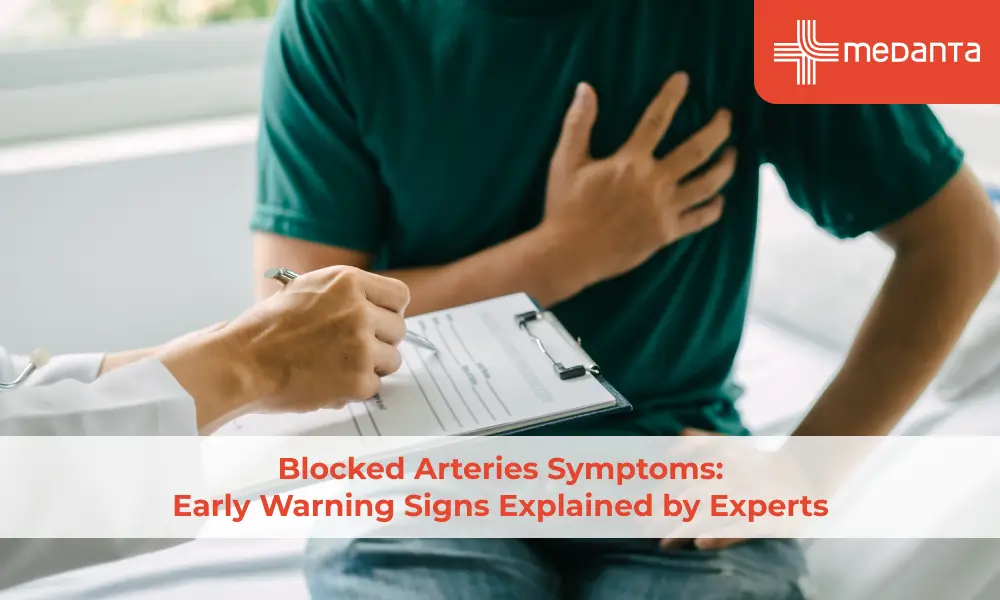You have to be underweight to have an eating disorder

People of all sizes are susceptible to anorexia nervosa as well as other eating disorders, which are both physical and mental diseases. It is a frequent myth that keeps many individuals from getting the treatment they need that eating disorder patients are more likely to be normal weight or overweight than malnourished.
One-third of young people hospitalised for anorexia are not underweight but nonetheless display all the other signs of anorexia nervosa, according to a few studies. The same eating and food-related thoughts as someone with classic anorexia nervosa are possible even if you have a healthy body weight, according to studies.
An eating issue cannot be detected just by glancing at a person. While it is true that some anorexics are dangerously underweight, the majority of people who suffer from eating disorders are not. While persons with binge eating disorders are frequently overweight, those with bulimia may be overweight or within the normal weight range.
Types of eating disorders:
1. Anorexia nervosa:
Anorexia nervosa sometimes referred to as just "anorexia," is a serious eating illness that can be fatal. It is characterised by crippling fear of gaining weight, and a mistaken view of size or form. Anorexics make tremendous attempts to maintain their weight and form, which frequently adversely affects their health and daily activities.
2. Bulimia nervosa:
- This eating disorder bulimia nervosa sometimes referred to as "bulimia," has a high associated morbidity. Recurrent episodes of binge eating and associated purging episodes. Person feels like they have no control over their food. During the episode of binge, you frequently consume a lot of food quickly and then try to burn off the excess calories in undesirable ways. You could push yourself to vomit, overexert yourself when working out, or use other techniques, like laxatives, to get rid of the calories out of fear of feeling guilty, embarrassed or gaining weight as a result of overeating.
3. Binge-eating disorder:
You regularly overeat (binge) and feel like you have no control over your food when you have a binge-eating disorder. Even when you are not hungry, you may eat rapidly or consume more food than you wanted to, and you may keep eating even after you feel uncomfortable. After a binge, you might feel guilty for the amount of food you consumed and how you behaved. But unlike someone with bulimia or anorexia, you don't try to make up for this behaviour with extreme exercise or purging. Eating by yourself to disguise your bingeing might result in embarrassment.
4. Rumination disorder:
Frequently and consistently regurgitating food after eating is a symptom of rumination disorder, which is not related to a medical illness or another eating disorder such as anorexia, bulimia, or binge-eating disorder. Without feeling queasy or gagging, food is taken back up into the mouth, and regurgitation may not be deliberate. Regurgitated food may occasionally be rechewed, reabsorbed, or spat out.
5. Restrictive intake disorder:
Due to a lack of interest in food, avoidance of food with certain sensory qualities, such as colour, texture, smell, or taste, or worry about the results of eating, such as You fall short of meeting your daily minimums for nourishment due to choking anxiety. Food is not avoided because one is worried about gaining weight.
Conclusion:
Someone can be underweight without engaging in restrictive eating habits, abusing laxatives and diet pills, binge eating, compulsive exercising, or other obsessive and compulsive activities related to food and exercise. Eating disorder sufferers can range in weight from underweight to overweight to everywhere in between. No matter how much someone weighs, eating disorder behaviours can have detrimental, even deadly, effects on their health. They can also ruin your quality of life, career, relationships, and education.
You deserve to feel better if your relationship with food, exercise, and your body is interfering with your capacity to function, consuming an excessive amount of your time and energy, and causing or increasing your risk for health issues.
Nevertheless, there is no particular weight or size that people need to be having for their struggle with eating disorders to be valid.






